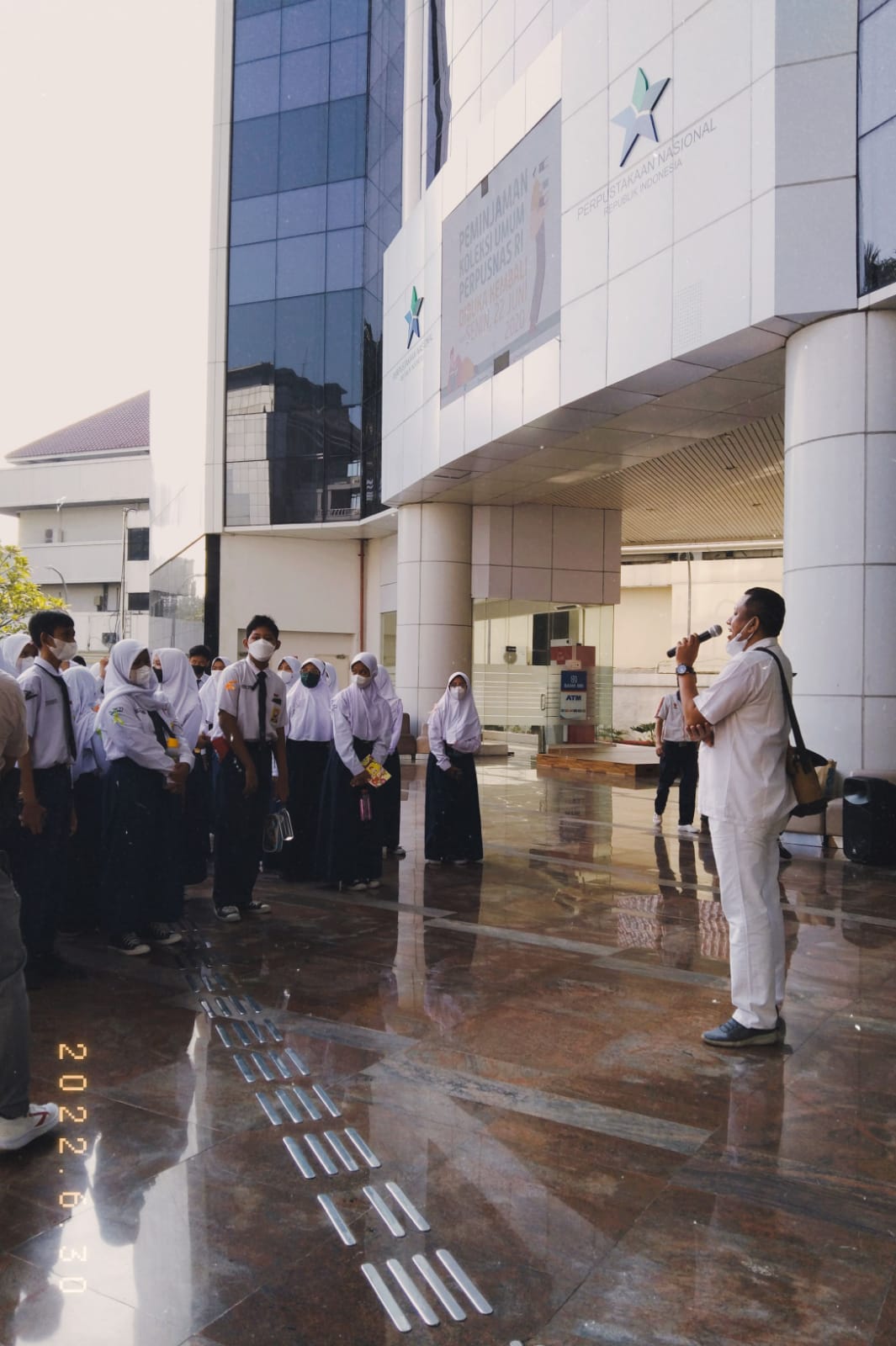Every year on May 17, we don’t just celebrate the anniversary of the National Library of Indonesia or National Book Day. We celebrate something deeper—the meeting point between words and meaning, the state and its people, books and life itself. Behind this moment is a moving story of collaboration between Pelangi Eka Nusa and the National Library of Indonesia.
For Pelangi Eka Nusa, literacy isn’t just about reading skills. It’s about empowerment, strengthening community identity, and creating safe spaces for people to grow. With a community-based and local storytelling approach, Pelangi Eka Nusa has built literacy ecosystems in various places—from mountain villages to riverside neighborhoods in big cities.
One powerful example is the program at Teras Ciliwung, a literacy and community space in the heart of busy Jakarta. Here, Pelangi Eka Nusa brings books to life through read-aloud sessions, family literacy activities, and writing workshops that help children tell their own stories. This program doesn’t just nurture a love for reading—it also helps rebuild social connections that are often lost in big cities.
The National Library, in this journey, isn’t a distant or bureaucratic institution. They are true partners. Leaders like E. Aminudin Aziz, the acting head of the National Library, have played a key role in building networks and encouraging cross-sector dialogues. Aminudin has opened doors for community literacy movements to be part of national policy conversations. At the same time, Adin Bondar, the Deputy for Library Resources Development, actively engages with communities and crafts policies rooted in real field experiences. He believes librarians are not just bookkeepers—they are agents of social change.
Joko Santoso, the National Library’s Secretary General, plays an important role in bridging systems and communities. He acknowledges the value of organizations like Pelangi Eka Nusa, which can reach places the government often cannot. Mariana Ginting, Deputy for Library Materials and Information Services, leads efforts to ensure that the reading materials provided are relevant, contextual, and empowering.
This partnership didn’t happen overnight. It grew through online and offline discussions, field visits, training module development, and book distribution across the country. When the pandemic forced many literacy programs to pause, this collaboration adapted—through online platforms, virtual trainings, and digital libraries.
At Teras Ciliwung, this partnership comes to life. Books from the National Library are used in shared reading sessions. Training materials from Pelangi Eka Nusa guide local volunteers. Children from the riverside write their own stories. Parents join in reading sessions for their kids, helping revive oral traditions at home.
This is what living collaboration looks like. The government doesn’t just regulate—it creates space for participation. Communities don’t just run programs—they help shape the direction. Books are no longer exclusive to big cities—they’re now within reach of children in villages and alleyways.
On this May 17, we celebrate more than just the age of an institution—we go beyond ceremony, and mark the growth of relationships built with patience and shared belief. We welcome books as symbols of hope that never fade. We honor the courage to collaborate, and the stories written by many hands working quietly behind the scenes. We look ahead—to a future stitched together by cooperation between the state and communities, between policies and aspirations, between systems and spirit.
Because in Indonesia’s long journey toward literacy, only by joining hands through words and meeting each other in meaning can we make sure: no child is left behind from imagination and knowledge.
